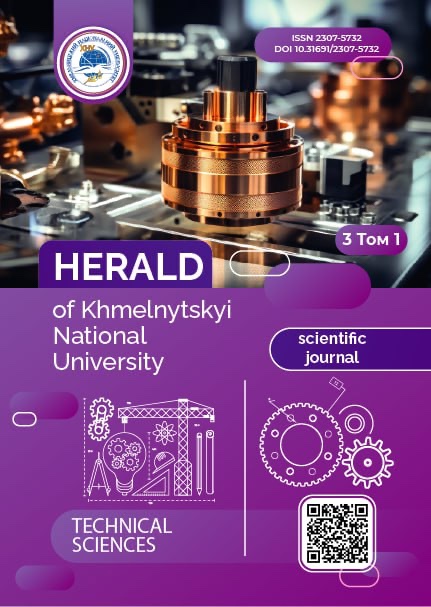THE EXTRUSION METHOD FOR LEGUME PROCESSING: INFLUENCE ON NUTRITIONAL PROPERTIES AND POTENTIAL APPLICATIONS
DOI:
https://doi.org/10.31891/2307-5732-2025-351-70Keywords:
legumes, processing, nutritional value, bioavailability, extrusion, functional properties, organoleptic propertiesAbstract
Extrusion processing of pulses is a leading technology in the food industry, enhancing their nutritional, functional, and consumer properties. This review systematizes current scientific data on the effects of extrusion on the physicochemical and structural-mechanical properties of pulses and prospects for innovative product development. The study aims to analyze the impact of extrusion parameters (temperature, moisture, screw speed) on proteins, carbohydrates, nutrient bioavailability, and bioactive compounds. It is based on peer-reviewed literature from Scopus, Web of Science, PubMed, and Google Scholar, using keywords: pulse extrusion, legume processing, functional properties.
Extrusion promotes protein denaturation, improving solubility and texture, crucial for meat analogues, and reduces anti-nutritional factors (trypsin inhibitors, phytates), enhancing nutrient absorption. For carbohydrates, it modifies starch, affecting resistant starch content depending on conditions, and reduces oligosaccharides (raffinose, stachyose), improving tolerability. The impact on bioactive compounds varies: high temperatures decrease thermolabile vitamins (B1, B2), while cell wall breakdown increases antioxidant availability. Optimized conditions minimize losses and enhance organoleptic properties.
Extruded pulses are utilized in gluten-free products, snacks, and fortified foods; combining extrusion with fermentation boosts functionality. The technology shows promise for sustainable meat alternatives, yet further research is needed to optimize parameters and assess health impacts. Extrusion has a positive effect on the protein fraction of legumes, promoting protein denaturation and the formation of a stable structure, which makes this method particularly promising for the production of alternative meat products.
Downloads
Published
Issue
Section
License
Copyright (c) 2025 ЄВГЕНІЯ ЧЕБАНЕНКО, ОКСАНА МЕЛЬНИК (Автор)

This work is licensed under a Creative Commons Attribution 4.0 International License.

